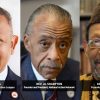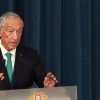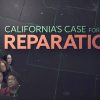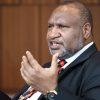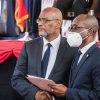By Lucas Koerner
Philadelphia, June 24, 2015 (venezuelanalysis.com) – Venezuelan President Nicolas Maduro has declared that his government would support an initiative by the Community of the Caribbean (CARICOM) to demand reparations from European countries for their role in colonial slavery.
“We have supported the proposal by the Community of the Caribbean that Europe has to compensate Africa and America,” the socialist leader affirmed on Tuesday during his weekly television program.
The ten-point CARICOM program for reparatory justice, which was first announced in 2013 after a decade of discussions, includes calls for a full unqualified apology from European nations, a repatriation program for those who wish to return to Africa, as well as debt cancellation.
The proposal has been strongly backed by the Community of Latin American and Caribbean States (CELAC) and coincides with similar initiatives by Bolivia and Peru as well as Ta-Nehisi Coates’ reopening of the reparations debate in the US.
In slamming European responsibility for the colonial wounds of slavery, Maduro also took the opportunity to denounce the European Union’s recently authorized military operation to shut down the flow of African migrants across the Mediterranean following the drowning of 800 migrants off the Italian coast in April.
“Pope Francis, raise your voice to stop this European Union military operation against the African people,” the head of state urged, decrying the plan as “savagery”.
Announced on Friday, the military operation will reportedly target the boats belonging to alleged people smugglers, but will also feature operations in Libyan territorial waters and possibly inside Libya itself.









